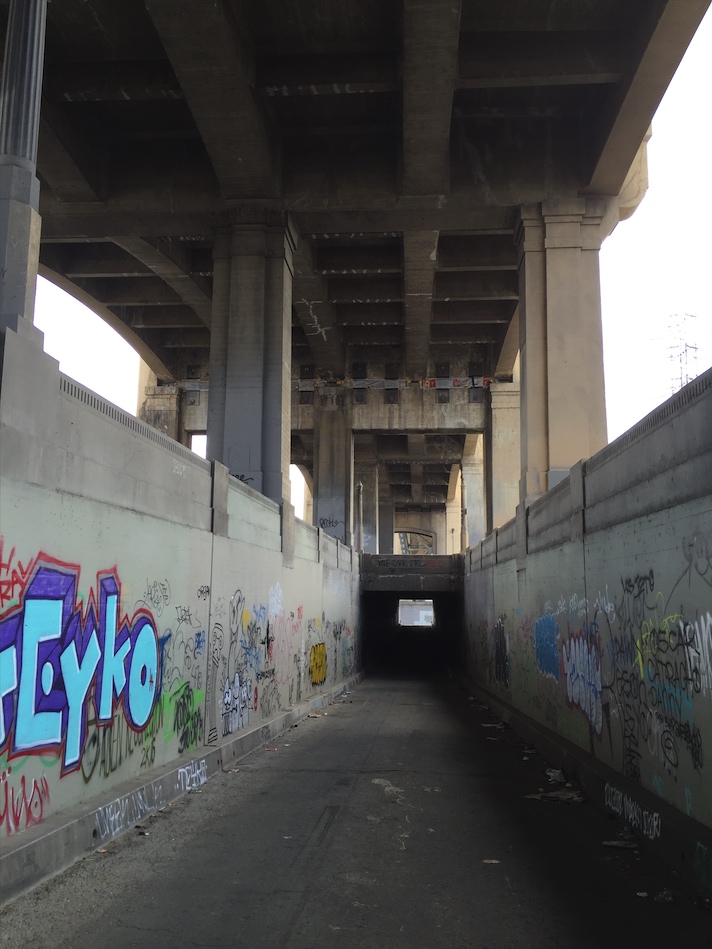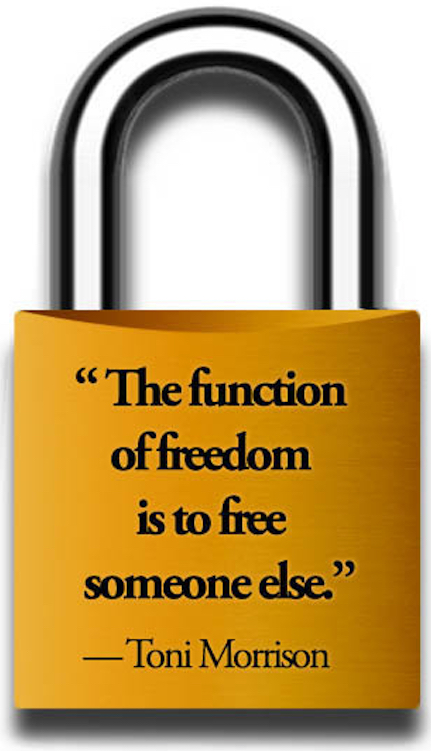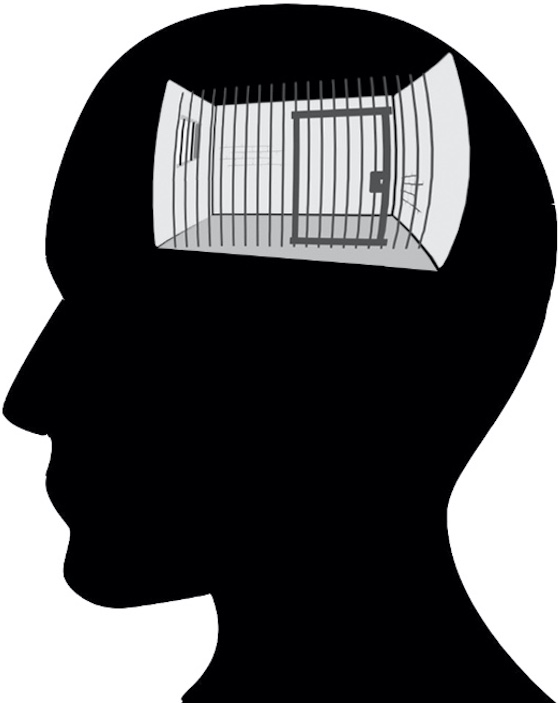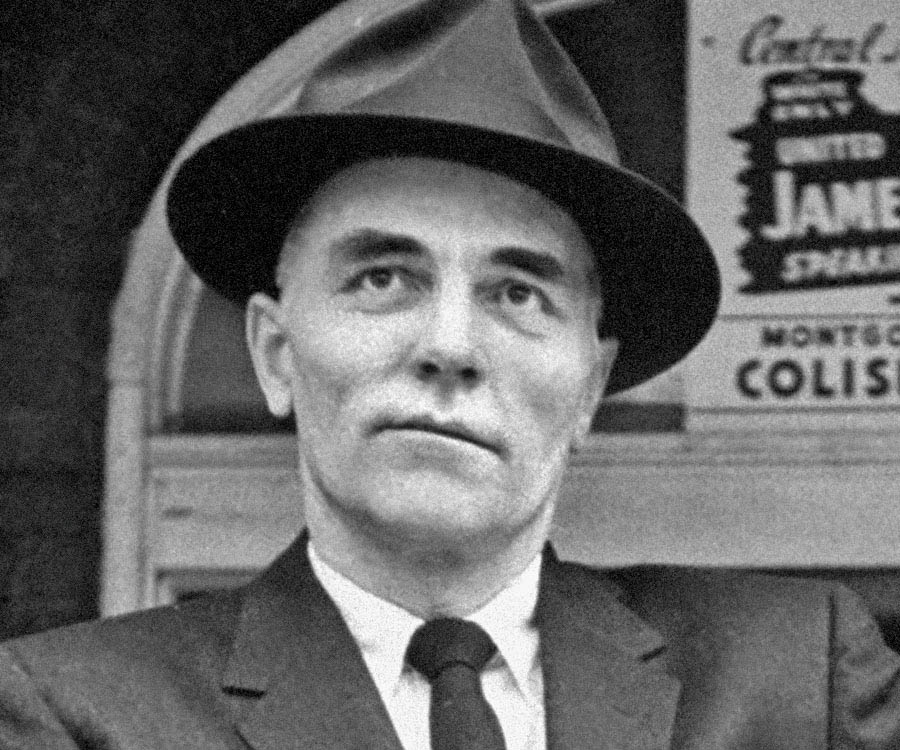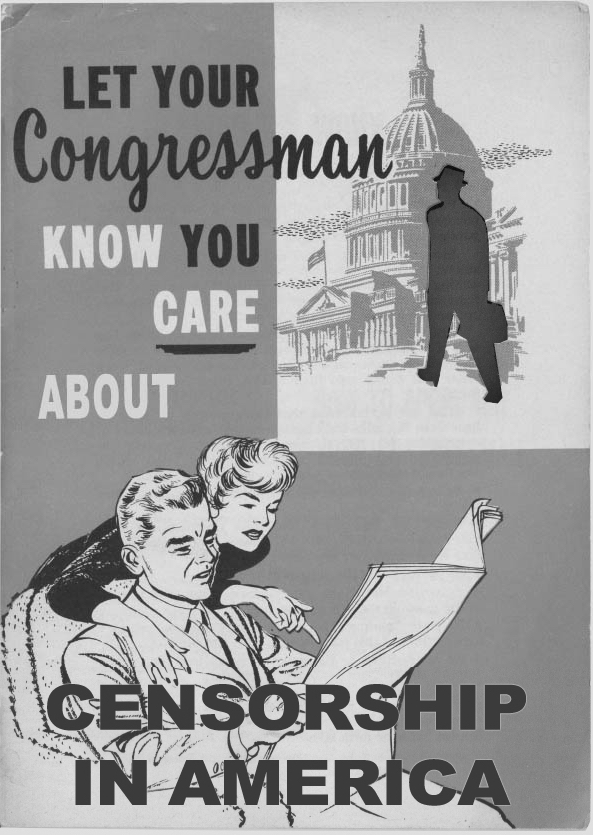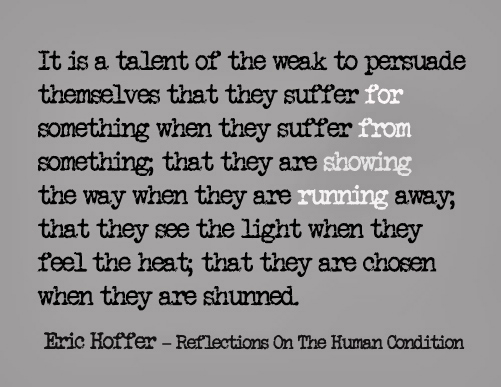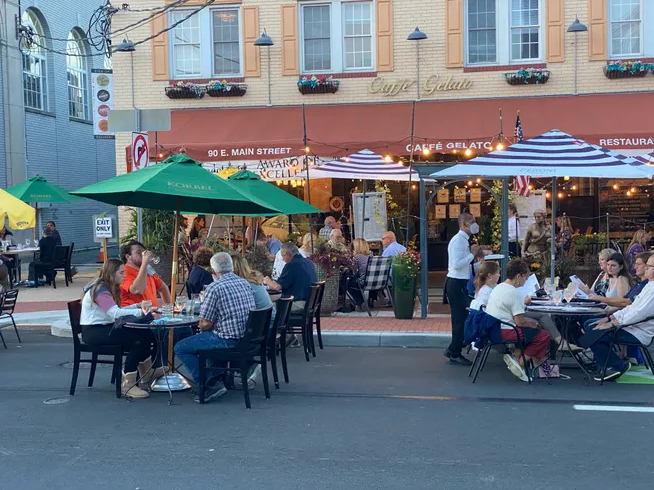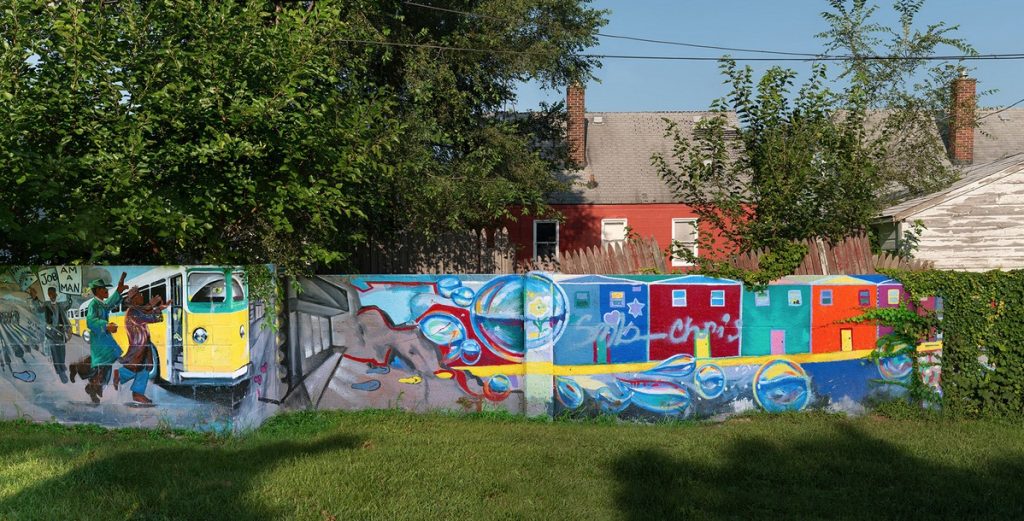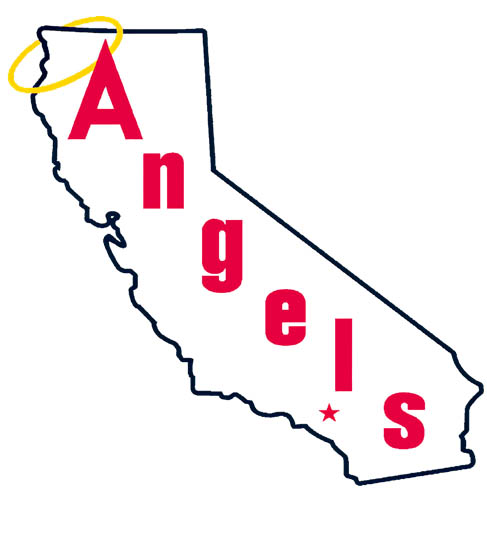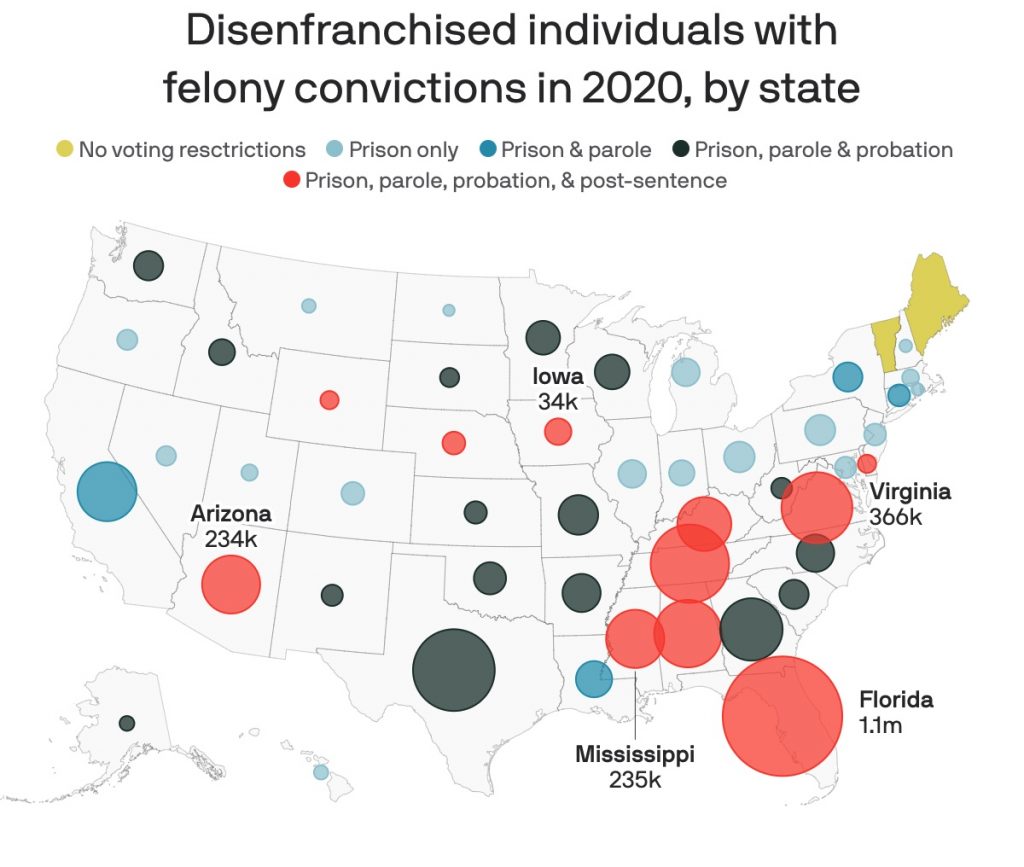Dear Mike,
I moped for a minute when I learned of your esophageal cancer and transition to quality of life care, then swiveled from the keyboard to my view of downtown Los Angeles. It’s a romantic, rent controlled, southeast panorama you might appreciate, stretching from Griffith Park all the way to wonderful, ill-favored Vernon. As the street elevation rises, this 96-year-old brownstone is a last stop before the Tesla Hills, allowing me to joke about living “at the feet of the snobs.”
It seems fitting writing you on a 104° day, but despite my window capturing so much of LA’s heat dome, it isn’t big enough to hold my gratitude for raising your critical theorist’s fist high in the air.
Thank you, Mike, for City of Quartz, a treasure of tormented topographies and asshole suits. That book warned me of “lurking cyber-fascism” at a time when “cyber” seemed strictly limited to William Gibson. While I admittedly struggled to understand some of it, it still felt like holding a road flare.
My dawning awareness of the “spatial apartheid” of private and pseudo-public spaces through the lens of LA redevelopment –Bunker Hill and Century City most alarmingly– was as perception-altering as any figurative burning bush I’ve encountered. Although to me, your work is more akin to witnessing a burning bank.
And thank you for that Ecology of Fear chapter, “Beyond Blade Runner.” What a fun and horrifying read! There’s no better narration of the ominous social organization of urban environments. Your all-too brief look at Columbia Savings and Loan CEO Thomas Spiegel’s office-turned-Alamo-war-bunker alone was worth the 1998 dollars I spent to own a copy. I imagine you smiling as you wrote it, so here’s where I’ll also thank you for your humor. It runs rampant through your darkest of examinations of anti-utopia. No, you’re not exactly known for Chavez Ravine zingers, but to those who say Mike Davis isn’t funny I ask, uh, “In Praise of Barbarians,” anyone? Also, I call you oppressors.
Speaking of oppression, thank you, Mike, for affirming that my indignant rejection of bread and circuses is neither sick nor wrong. I’ve faced the fallout from questioning mass consumption since my fellow sixth graders were writhing and squealing over Rod Stewart’s 1978 radio hit, “Do Ya Think I’m Sexy?” (gross, no).
Further, thank you for corroborating –in spirit at least– that it isn’t mentally deranged to envision oneself dying a worthy death at the hands of the state. Try explaining that one to the nuns (and then family therapists).
Thank you, Mike Davis, for wondering aloud why the American working class has no political party of its own.
Thank you for inspiring me to graduate from my post-punk, Generation X naiveté by revealing enemies far more insidious than Daryl F. Gates, Tipper Gore, and Pete Wilson.
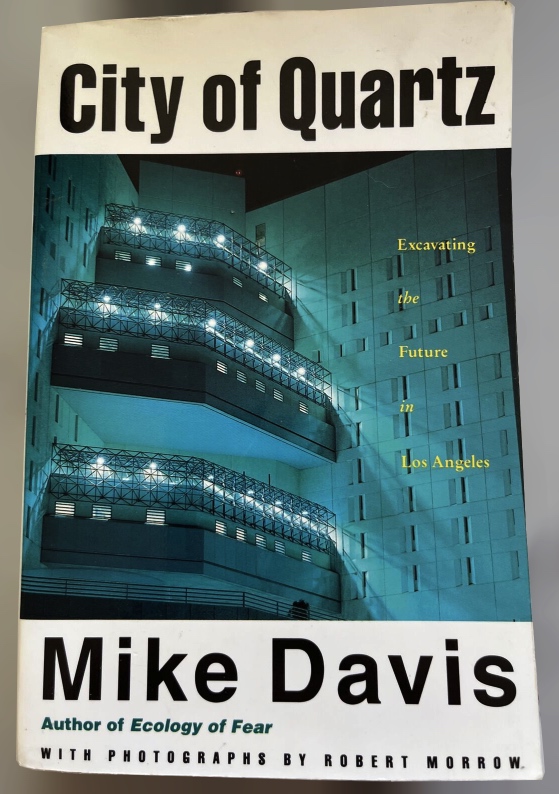
Finally, thank you for whatever input you had in choosing LA’s Metropolitan Detention Center as the City of Quartz cover photo: I read a copy machine bundle of the LA Weekly’s lengthy excerpt of the book during my stay at MDC, as well as while confined to the modules of Men’s Central Jail. You connected me to resistance, yes, and to municipal and policy wrongdoing, which were helpful to my understanding of the city I love. You insisted I learn civic responsibility, too. But finding MDC on that cover just as I was learning the value of human endorsement no less than anointed my own pencil-on-yellow-legal-pad observations. As a pretrial prisoner facing the wake-up call of a lifetime, your work made me feel recognized. What I and those around me endured at the hands of our LA Sheriff’s jailers was authenticated by the presence of that image.
Goodbye and thank you Mike Davis, Urban Theorist–Activist–Scholar, for this lump in my throat.
Mine is just one of the many Los Angeles minds you’ve enlivened.
John
Mike Davis Bio
(marcuse.org)
.
UPDATE: 10/26/2022
Mike Davis • March 10, 1946 – October 25, 2022
Mike Davis, ‘City of Quartz’ author who
chronicled the forces that shaped L.A., dies
.


